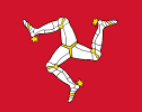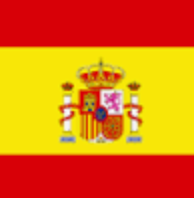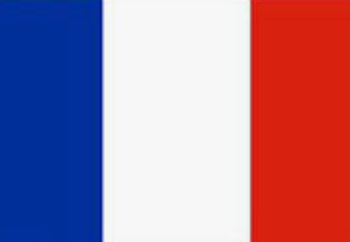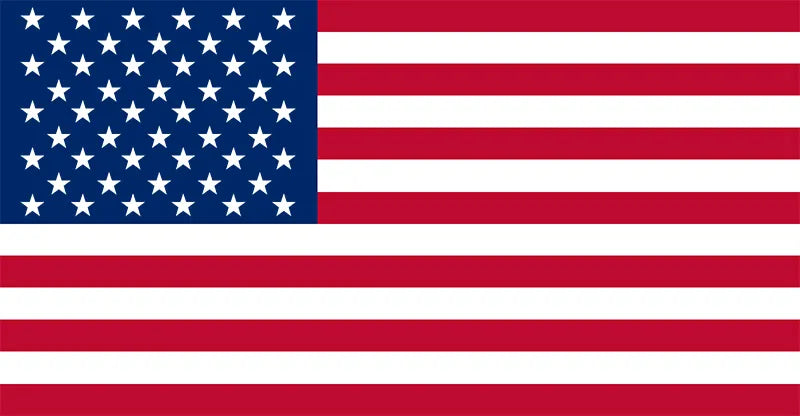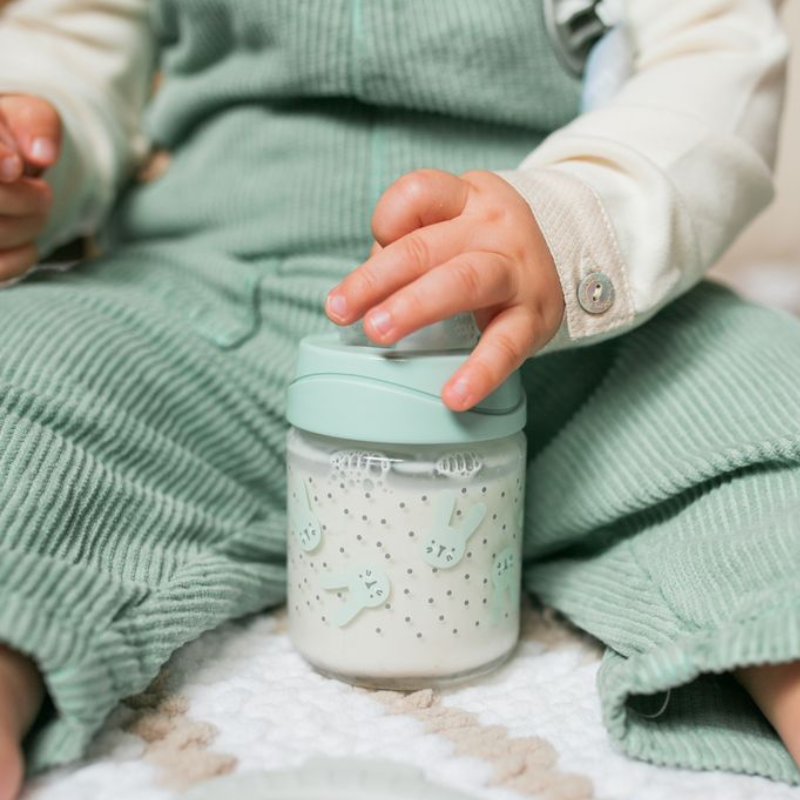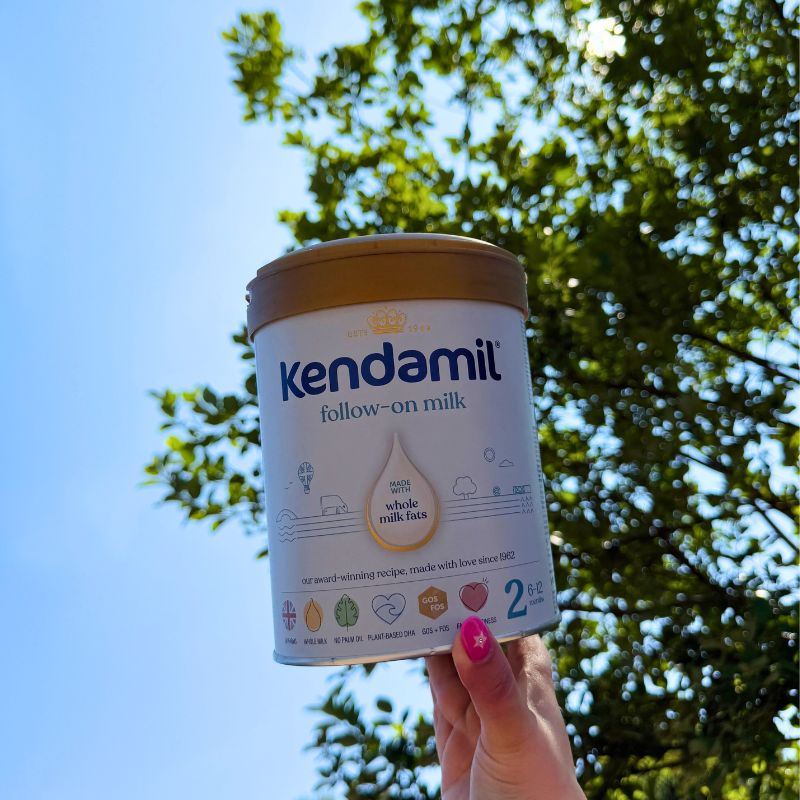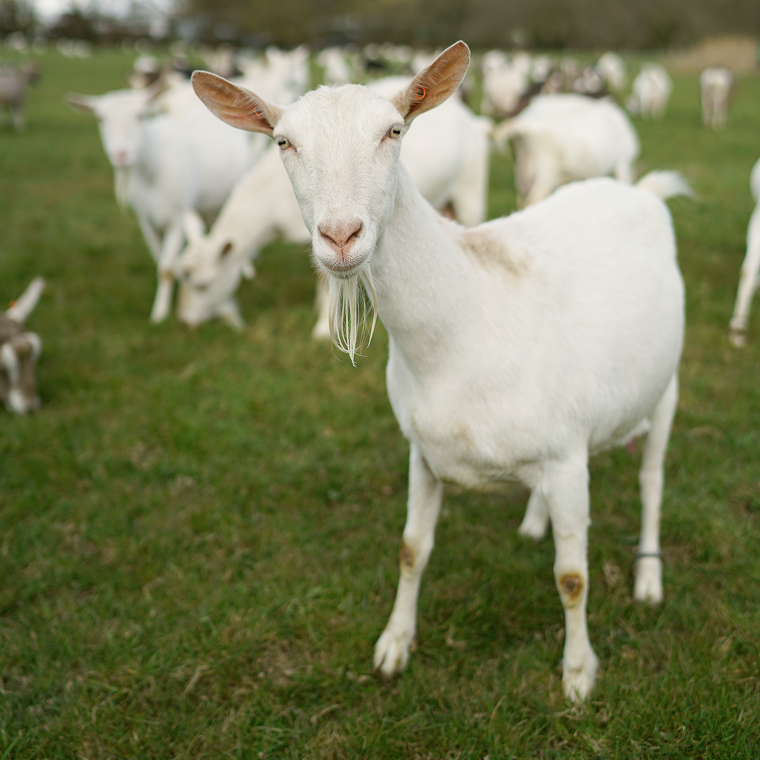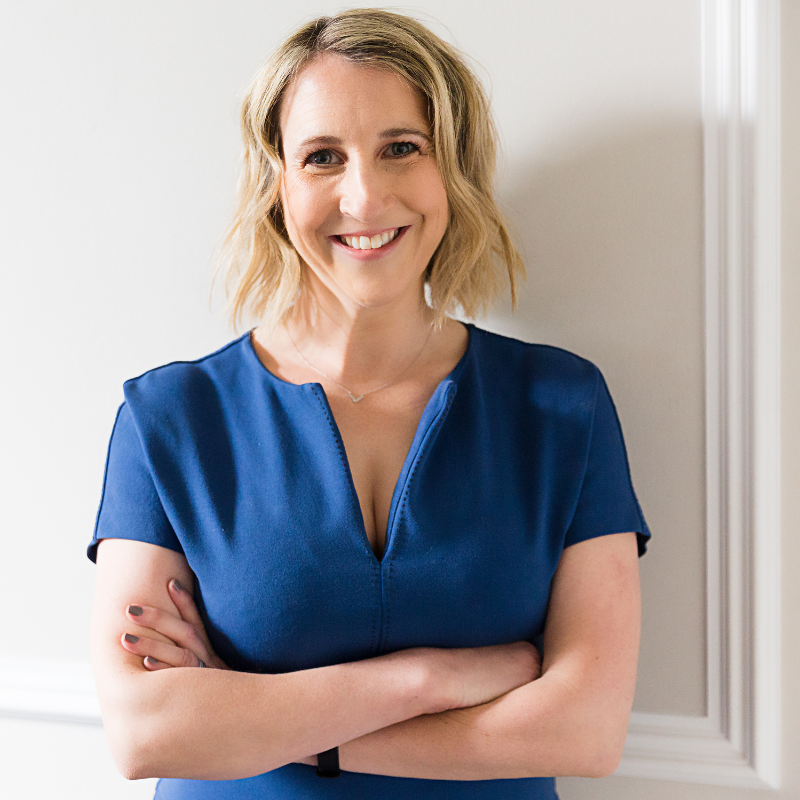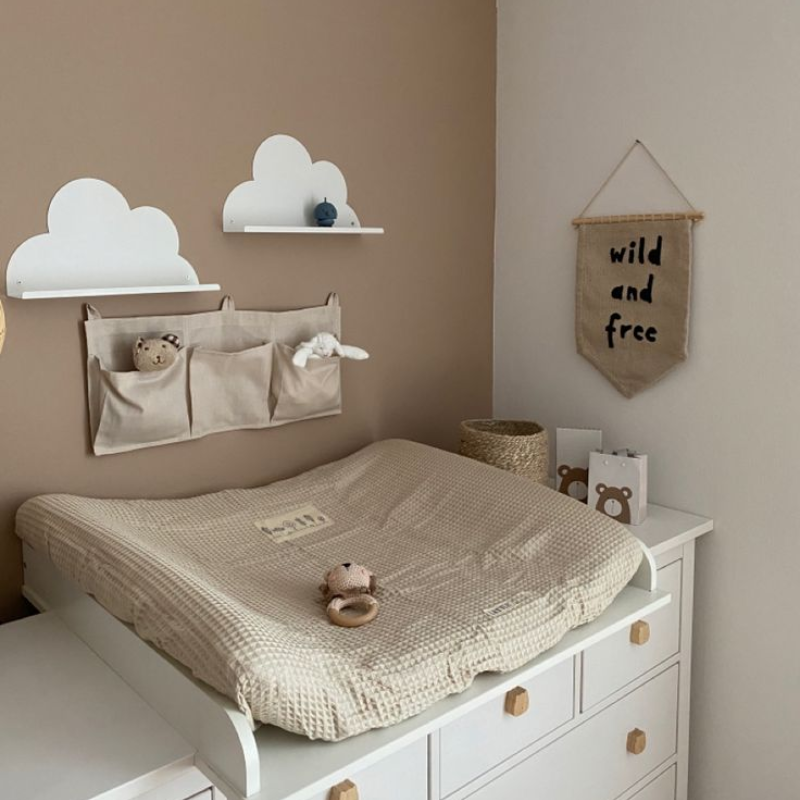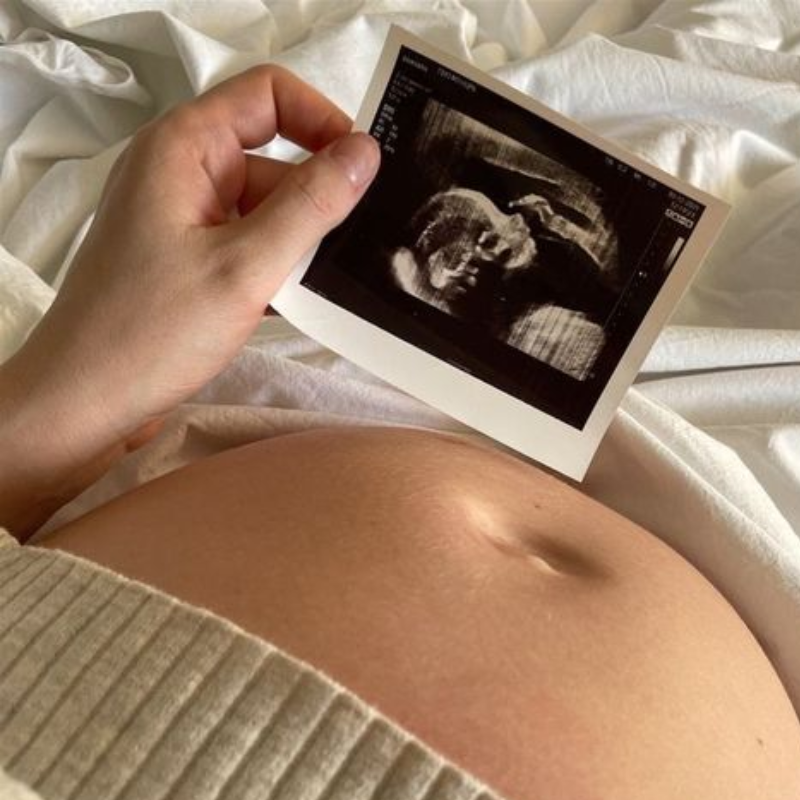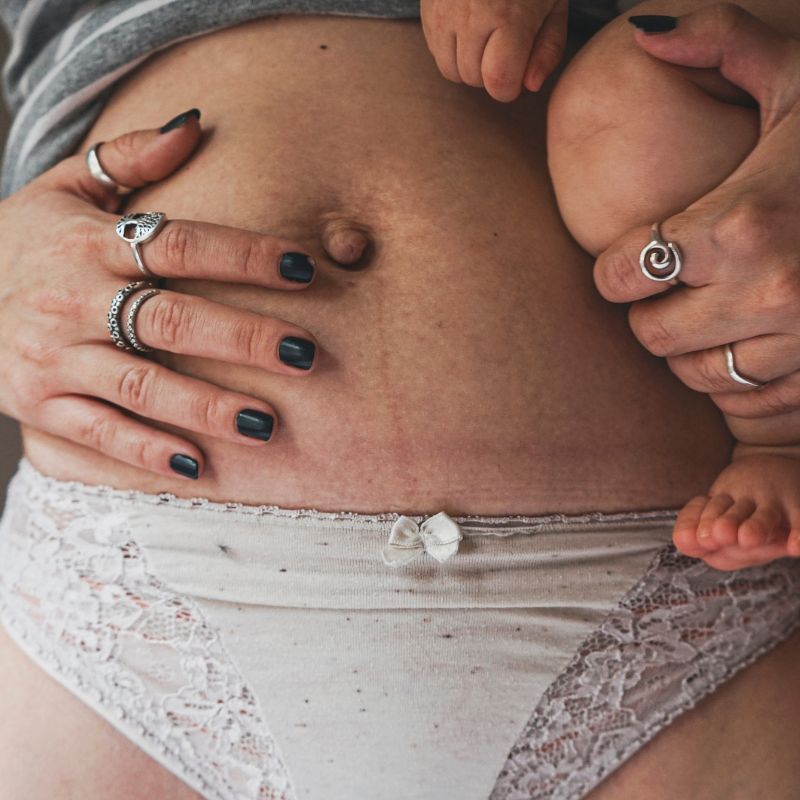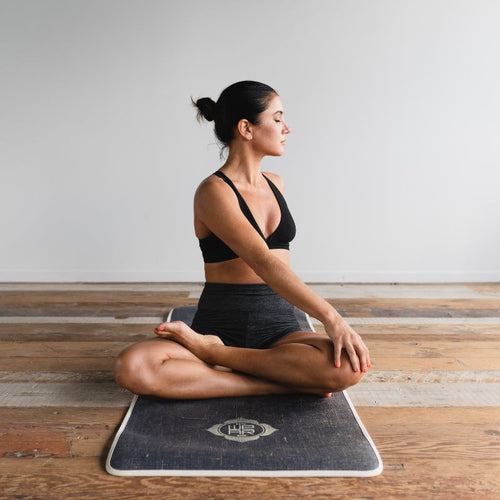We know life with a little one is wonderfully chaotic, and making sure your baby’s feeding routine is both safe and speedy can sometimes feel like a juggling act. But don't worry, we're here to help! Let's walk through some key tips on storing and preparing follow-on formula for your little tot, based on the gold standard NHS guidelines.
Formula Storage Guidelines
Follow-on formula storage instructions - Dos and Don’ts!
Do:
- Store opened and unopened tins of follow-on formula and ready to feed bottles in a clean, cool, dry place (e.g. cupboard, pantry, drawer, or cabinet).
- Keep away from direct sunlight.
- Use the formula within 4 weeks of opening the tin (little hack, you can always write on the tin the date you opened it).
- Ensure the lid on your tin of Kendamil formula is tightly and securely closed when not in use.
- Once you have opened a bottle of ready to feed formula, any unused milk that you haven’t given to baby can be stored in the fridge, but must be used within 24 hours maximum.
Don’t:
- Don’t store in places with high humidity or extreme temperatures (e.g. near the stove, oven, heating ducts or hot water pipes).
- Do not store in the fridge, as humidity can cause clumping.
- Powdered baby formula should not be frozen.
- Do not leave the tin open, as it may allow foreign objects or contaminants to enter.
- Do not store and reuse ready to feed formula bottles that have had a teat added and been used by the baby; it must be thrown away.
Formula safety tips
For the health and wellbeing of your baby, following these formula safety tips when it comes to handling and discarding formula, and checking expiration dates is super important!
Formula Expiration Dates
First things first, always take a peek at those expiration dates. Think of it like checking the freshness of your milk or yoghurt. Here’s what you need to know:
- Check expiration dates: Before you use formula, glance at the expiration date. You don’t want to accidentally use expired formula—it can lose its nutrients and might not be safe for your little one.
- Rotate your stock: When you stock up, put the new cans behind the older ones. This way, you'll use the older ones first and nothing goes to waste.
- Don’t use expired formula: If you find a can that’s past its date, don’t risk it. Toss it out to keep your baby safe and healthy.
Proper Formula Disposal
The NHS gold standard guidance recommends making a fresh feed of formula every time, as and when baby needs one. However, in some circumstances this may not be possible, and so they also advise you can store prepared formula in the back of the fridge for 24 hours. After this, formula must be thrown away due to the increased risk in bacteria growth.
Once you’ve made a bottle of formula and it has been left at room temperature, this should be disposed of either two hours after the bottle of formula has been made, or one hour after baby has started feeding from the bottle. Once again, leaving a bottle of formula any longer than this increases the risk of bacteria growth.
Any ready to feed formula that baby has left in their bottle after a feed must be discarded and not reused.
Safe Formula Handling Practices
- Wash your hands: Always start with clean hands. Give them a good wash with soap and water before you do anything with the formula. If you’re out the house, carry some hand sanitiser with you to sterilise your hands.
- Clean preparation area: Make sure the space where you’re mixing the formula is clean and tidy. We don’t want any germs sneaking in. If out and about, carry some sterilising wipes or a sterilising spray to disinfect the surface you’ll prepare a feed on.
- Use clean equipment: Use sterilised bottles, nipples, and utensils. We have a blog on everything you need to know about sterilising bottles. Keeping everything clean helps keep your baby safe.
- Follow manufacturer's instructions: Read the preparation instructions on the formula packaging carefully. It’s important to mix it just right to get the right balance of nutrients. For Kendamil, every one levelled scoop of powder is equivalent to 30ml of water. For more information on how to make up a bottle of Kendamil formula, check out our blog! For our ready to feed formulas, shake before you decant into a sterilised bottle.
- Monitor temperature: Check the temperature of the formula before feeding to baby - it should be body temperature. A quick test on the back of your wrist will tell you if it’s just right.
Preparing formula in advance
For those busy days out and about, having a plan for feeding your baby can make all the difference. Here are some tips to ensure you’re always prepared, no matter where the day takes you. Or, check out our helpful video on how to make formula when on-the-go.
- Travelling with pre-made formula: If you’re quickly heading out, you can bring pre-mixed formula on trips ahead of time, but this must be drunk by baby within two hours of preparation. Be mindful that if it is hot outside, this time span is even shorter - in this case we would recommend transporting in a cool bag with an ice pack!
- Transport formula powder using formula dispensing containers: If you plan to make a fresh feed on-the-go, before leaving the house, pre-measure the formula powder you’ll need per feed into a clean, dry formula container. These handy containers can usually hold up to 4 pre-measured feeds of formula powder. Just tip one compartment of pre-measured powder into your sterilised bottle of hot water when your baby is ready to eat.
- Thermos flask: If making a feed on-the-go carry a thermos of freshly boiled tap water that has been cooled in the kettle no more than 30 minutes. The thermos will keep the water at the right temperature of 70°C, ensuring it's safe and convenient for mixing when your baby gets hungry. Do check the manufacturer’s instructions for how long your thermos will maintain this temperature.
- Cool on the go: Bring along a second thermos or an insulated bag with ice packs if you need to cool the mixed formula quickly. You can place the bottle in this cooler environment for a few minutes before feeding.
- Ready to feed: Kendamil ready to feed follow-on milk is great for when you’re out and about! Simply shake and then decant into a sterilised bottle and you are good to go.
We know it’s a lot to take in and there is much to learn when it comes to the health and safety of your little one, you’ll soon get the hang of it. If you ever have any doubts or questions, don’t hesitate to reach out to your health visitor or GP, or you can talk to our fantastic customer service team who are here to help!
IMPORTANT NOTICE: Breastfeeding is best. Kendamil Follow-on milk is only for babies over 6 months, and should be used as part of a mixed diet. Please talk to your Healthcare Professional.
